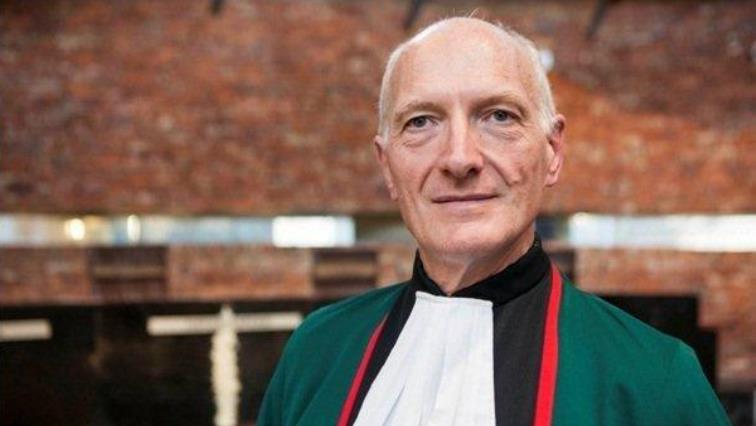Two widows of a Cape Town man have succeeded in changing the law after the deeds office refused to register a portion of their deceased husband’s home in each of their names.
The Constitutional Court on Friday upheld the Cape Town High Court’s decision that the term ‘surviving spouse’ should include every husband and wife of a defacto monogamous and polygamous Muslim marriage, solemnised under the religion of Islam.
Osman Harnaker, who died in 2014, married Amina in 1957 under Muslim rites, and with her permission married Farieda in the same way seven years later.
The applicants Amina and Farieda Harneker – contested the legal execution of their deceased husband will.
Despite being married to both women according to Muslim rites for many years, in 1982 Harnaker was advised that he had to be legally and formally married to apply for the home loan to buy the house that he would later share with Amina, Farieda and their nine children.
At the time, polygamous Muslim marriages were not recognised by law, so he formalised his marriage to Amina with Farieda’s consent.
When he died, Farieda’s claim to the estate was challenged according to Section 2(c)1 of the Wills Act 7 of 1953.
Justice Edwin Cameron explains, “This section provides that if the descendant of testator renounces a benefit in terms of a will, that benefit will vest in the surviving spouse of the testator. However the High Court declared it to be unconstitutional because it omitted to recognise the rights of a surviving spouse in a polygamous Muslim marriage to the benefits of her deceased husbands will.”
After his death, despite his will and a certificate by the Muslim Judicial Council stating that both women share his estate equally, Farieda was refused her portion as she was not recognised under the Marriages and Civil Union Act.
The Constitutional Court on Friday agreed with the Cape Town High Court that this violates the applicant’s right to equality by excluding her from the phrase ‘surviving spouse’ purely because she was married under the tenet of Islamic Law and not under Marriage and Civil Union Act or polygamous African customary law marriages, which are all legally recognised by South African law.
“This differentiation constitutes unfair discrimination in breach of section 9(3) of the Constitution since there is no rational government purpose for the differentiation.”
Cameron says the Constitutional Court also found that this provision also fundamentally violates the second spouse’s right to dignity.
“The effect is to stigmatise her marriage, diminish her self worth and exacerbate her feelings of vulnerability as a Muslim woman. The court held that this vulnerability is compounded because there is at present no legislation that recognises or regulates the consequences of Muslim marriages.”
He says for this reason the Constitutional Court decided to confirm the decision of the High Court.
“Section 2 C(1) of the Wills Act is unconstitutional and invalid and orders the words for the purpose of this subsection ‘the surviving spouse’ includes every husband and wife in a monogamous and polygamous Muslim marriage solemnised under the religion of Islam should be read into the subsection.”
That judgement passed down at the Constitutional Court on Friday.






